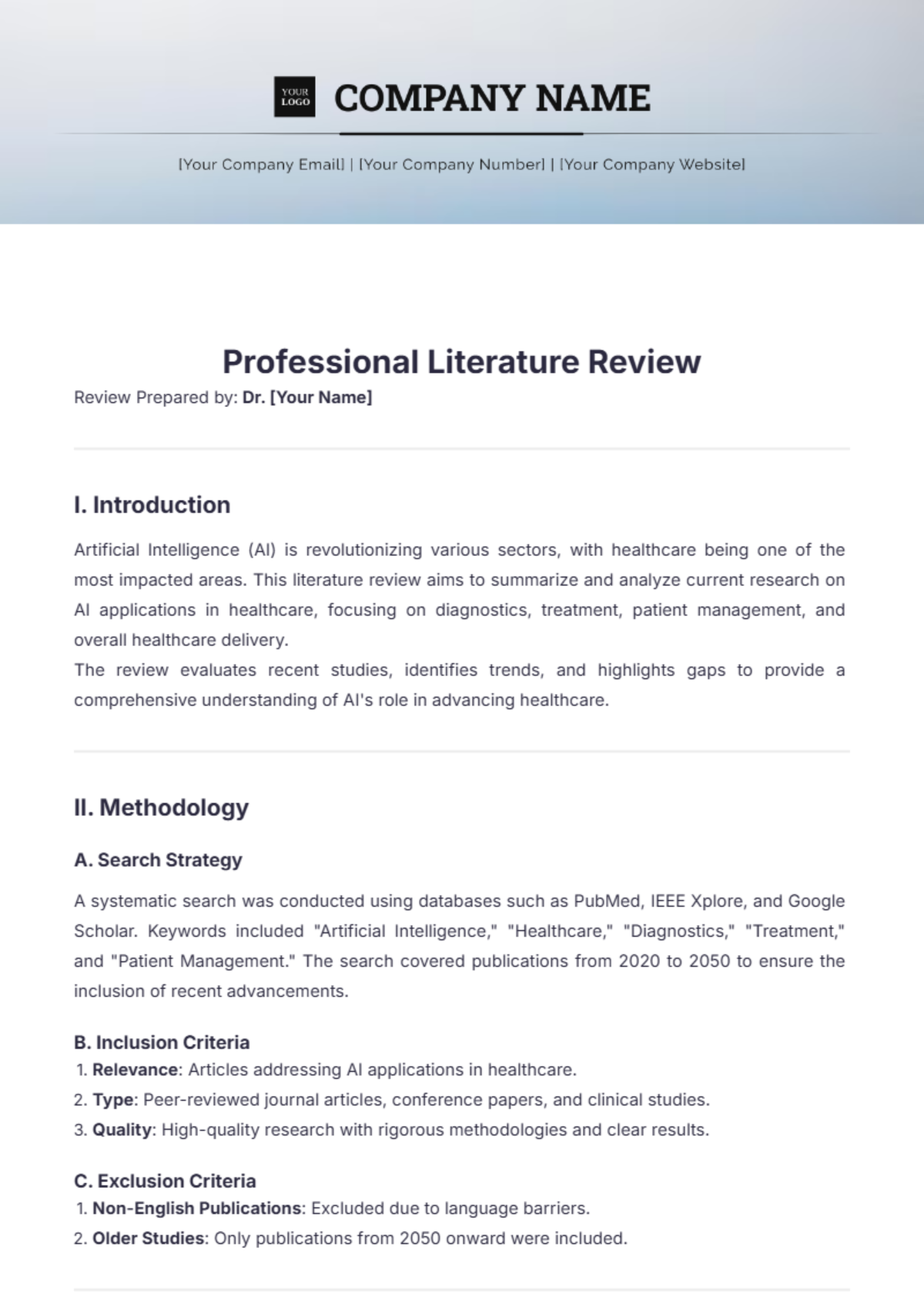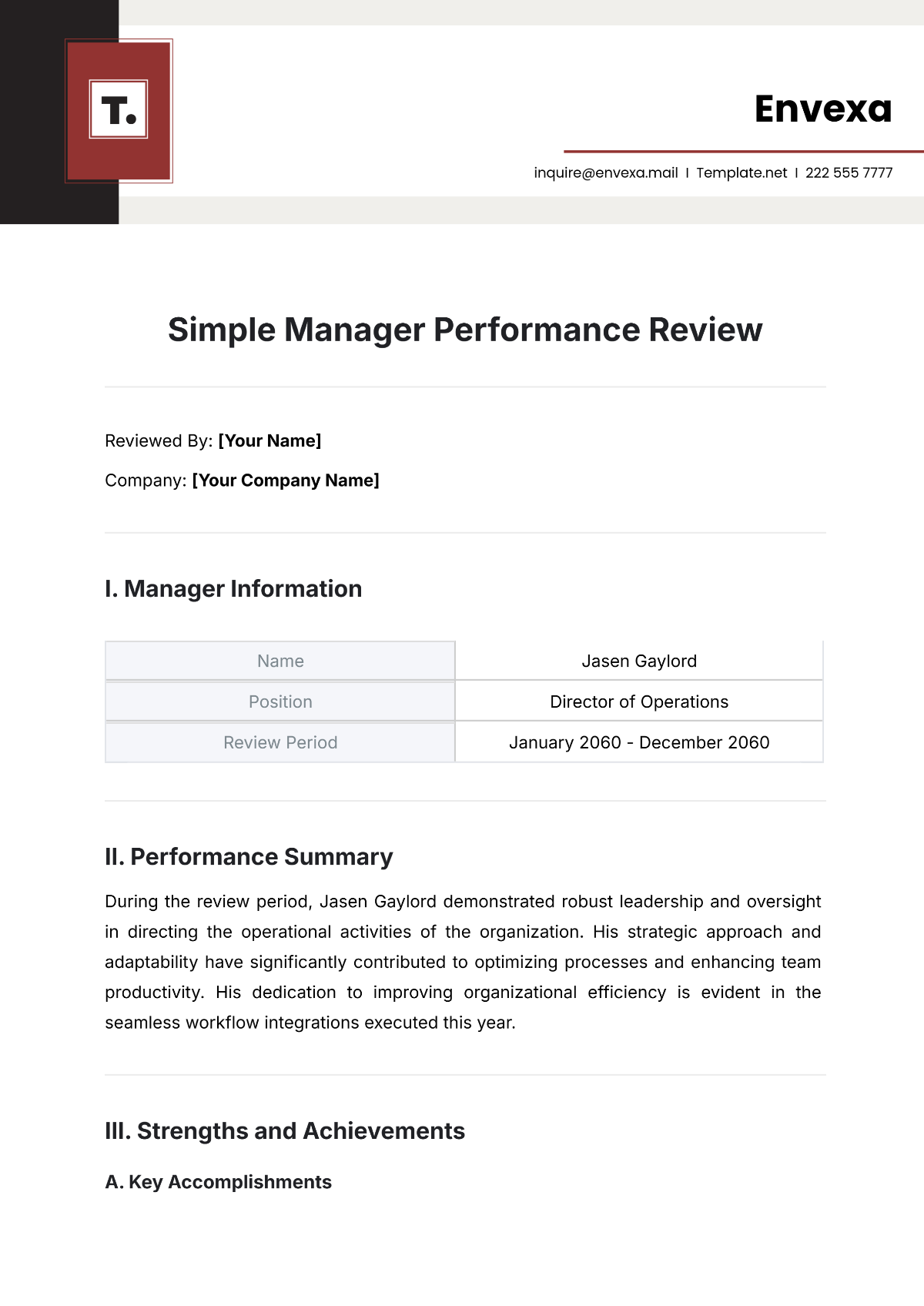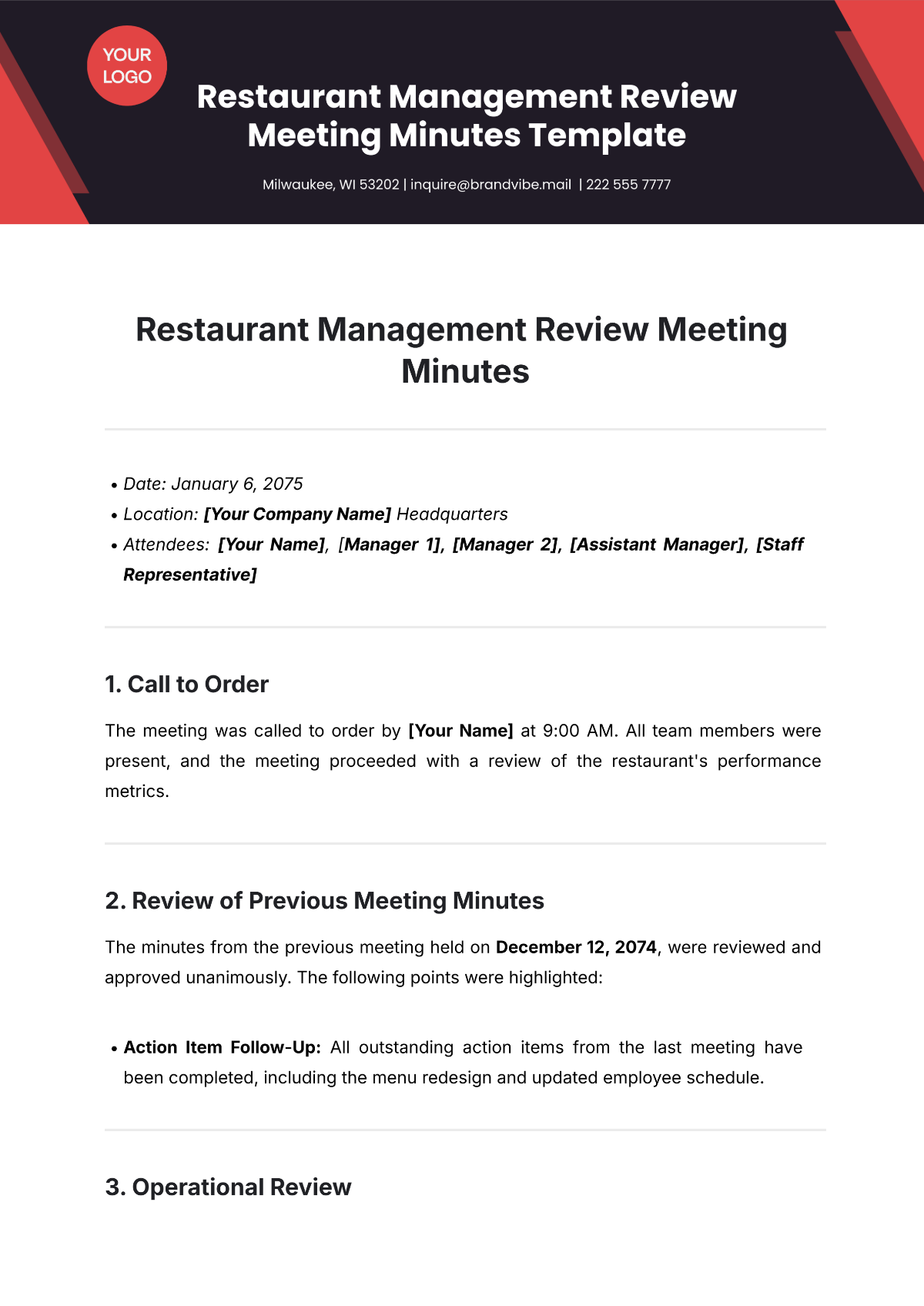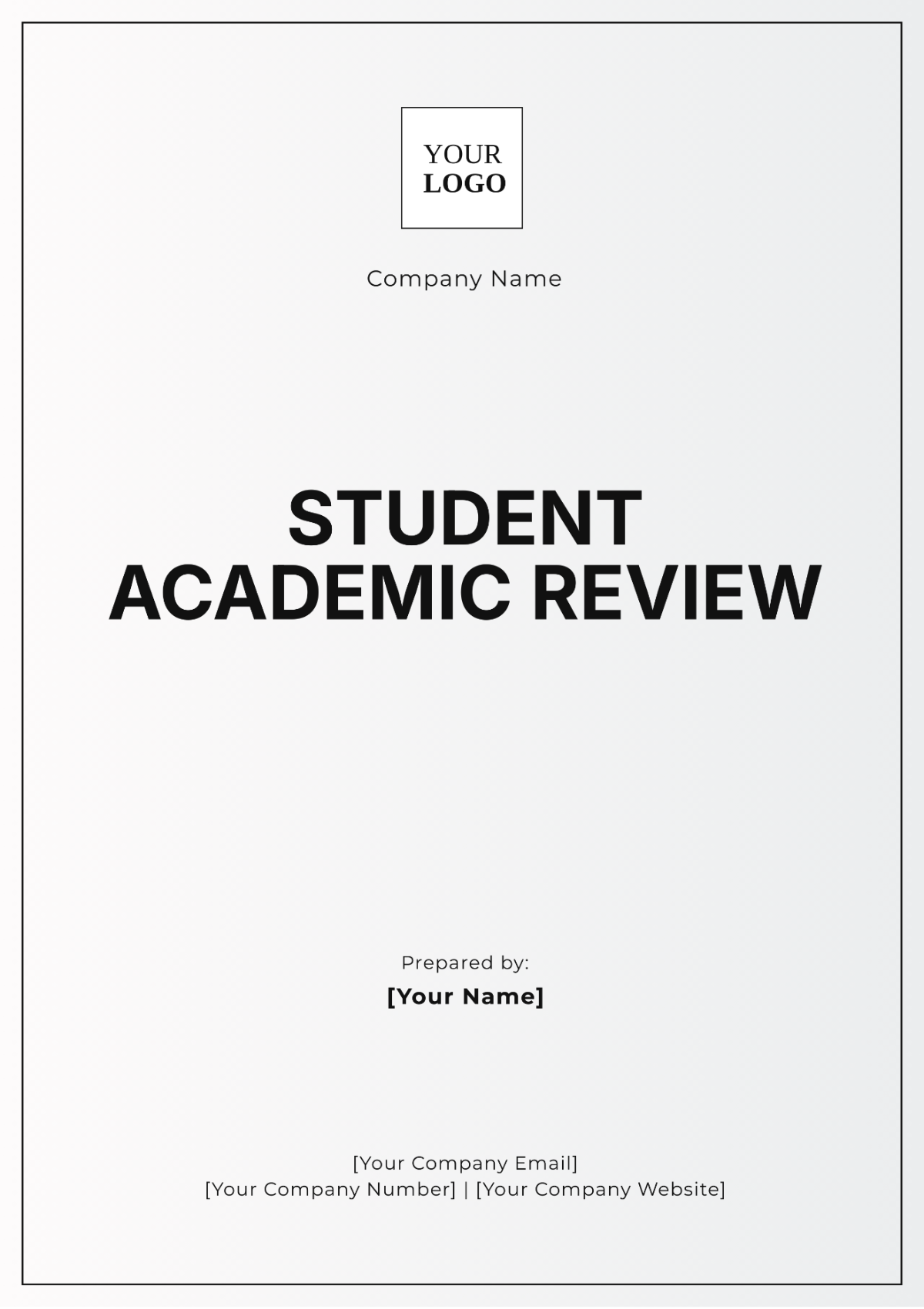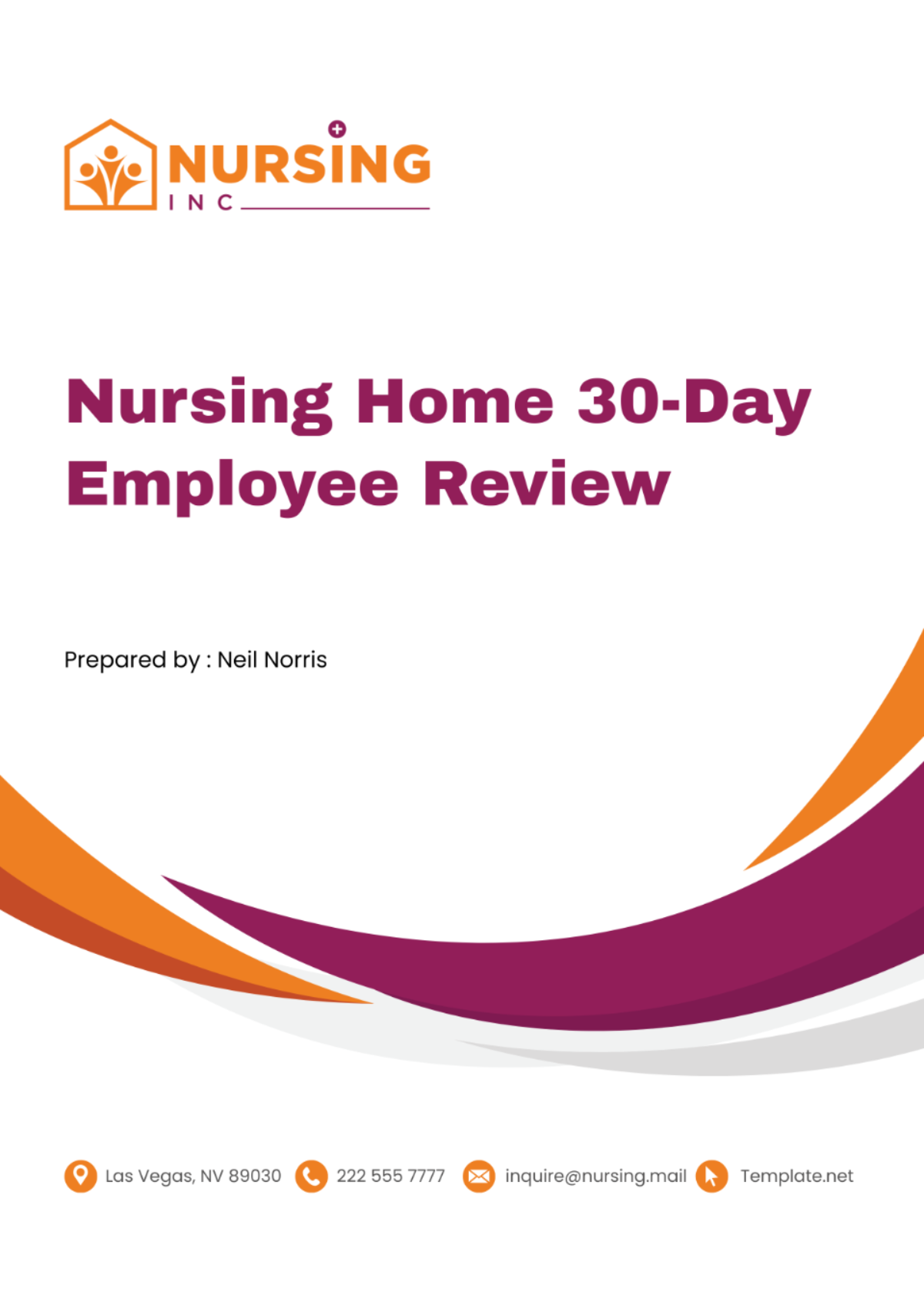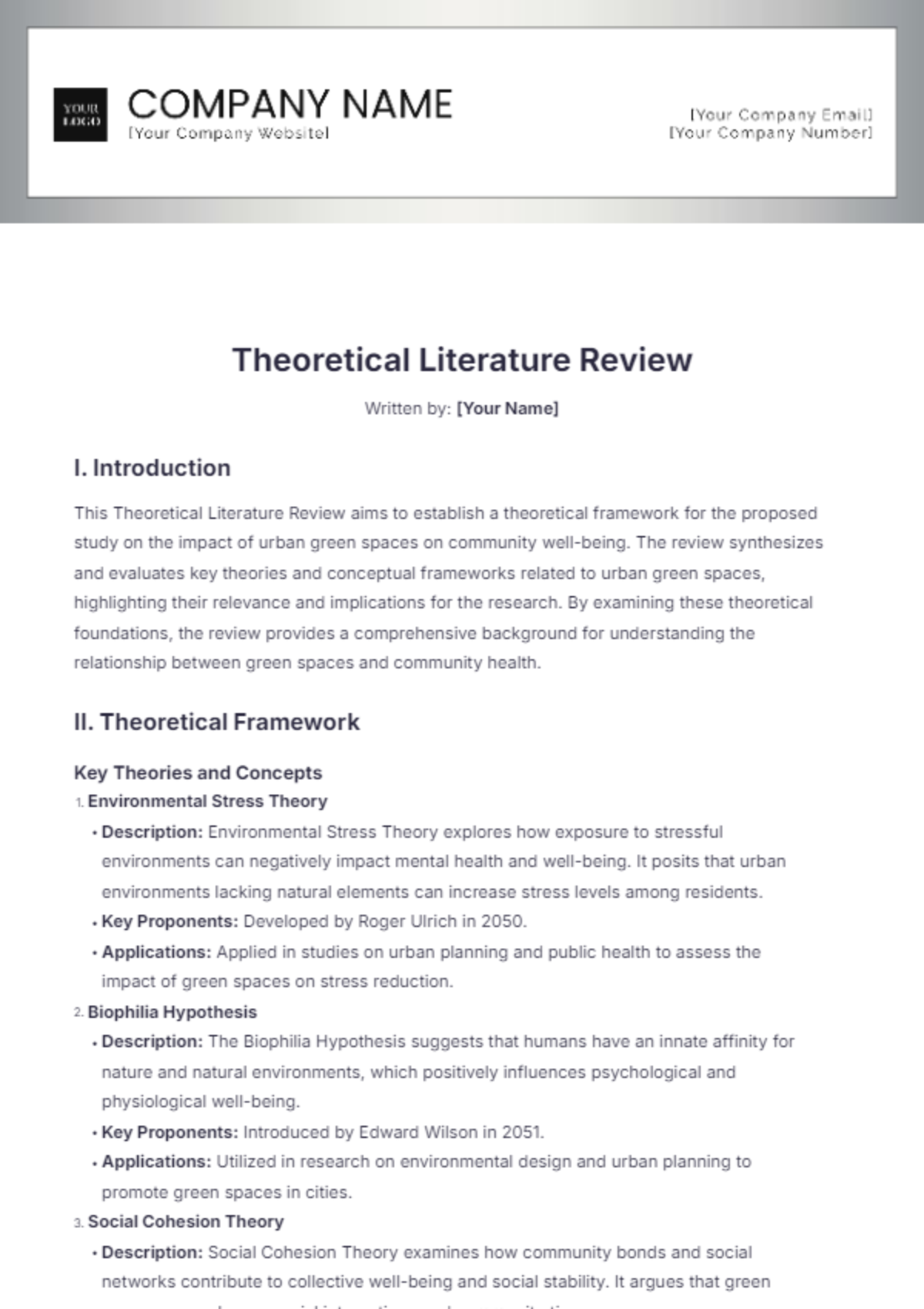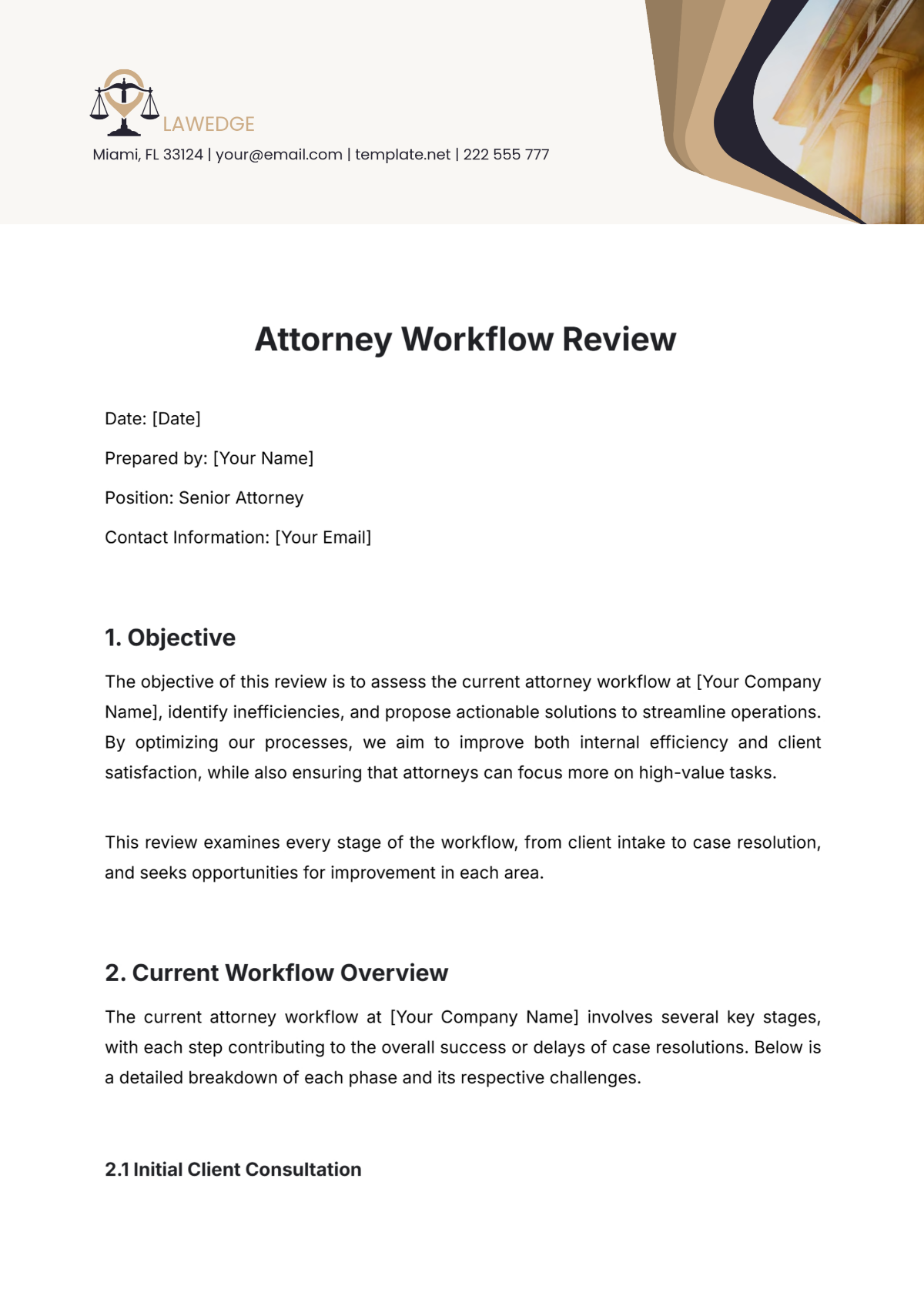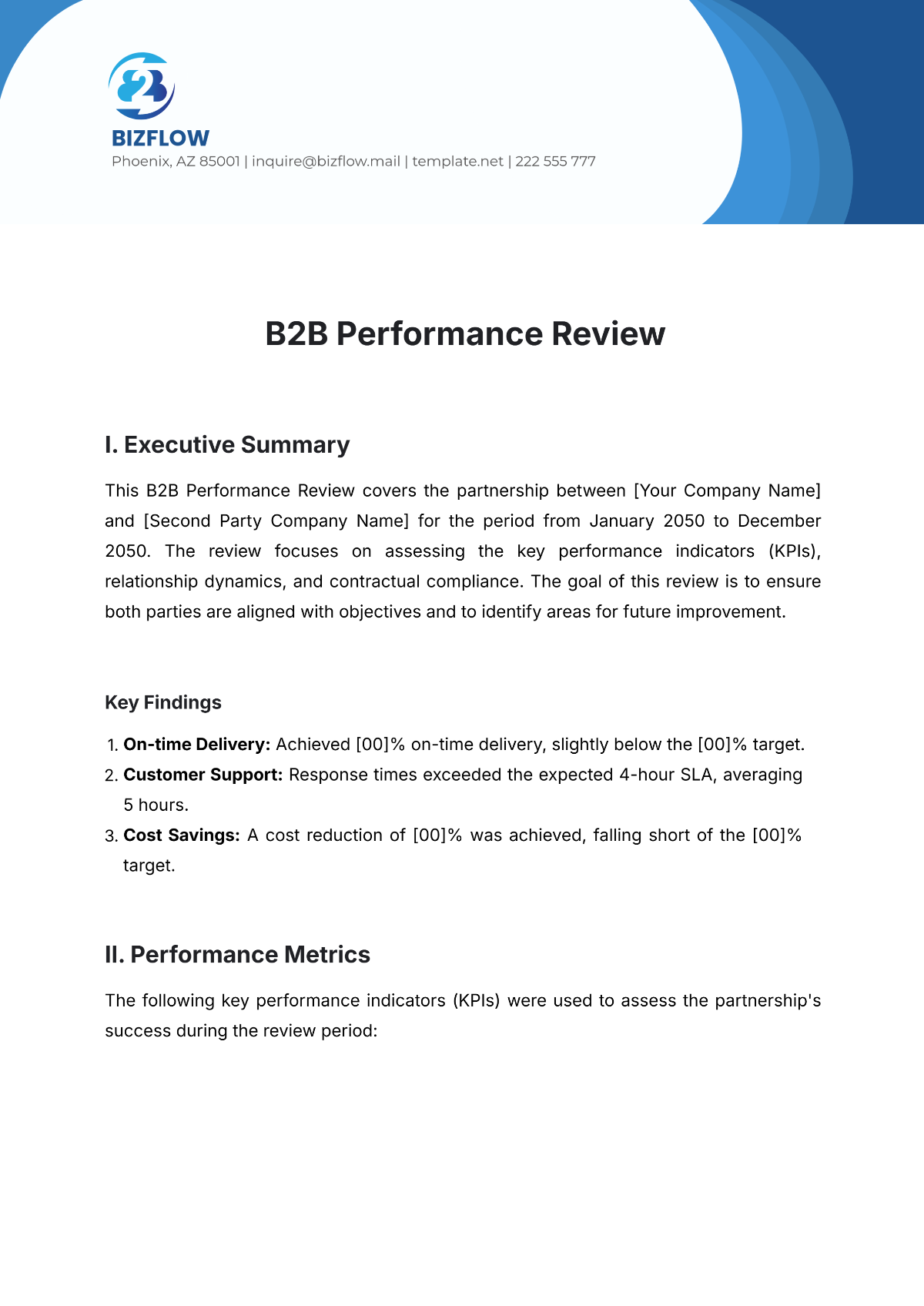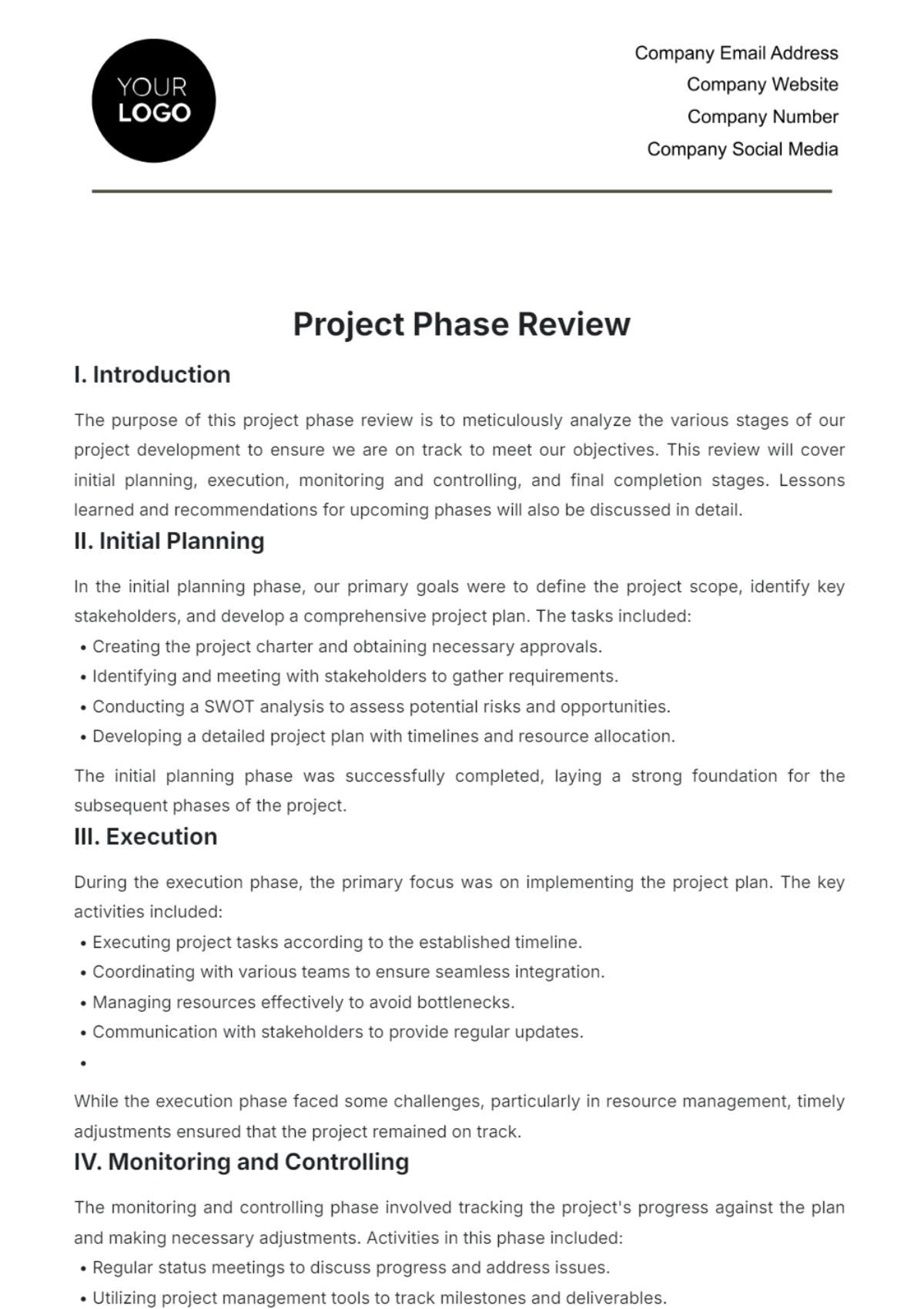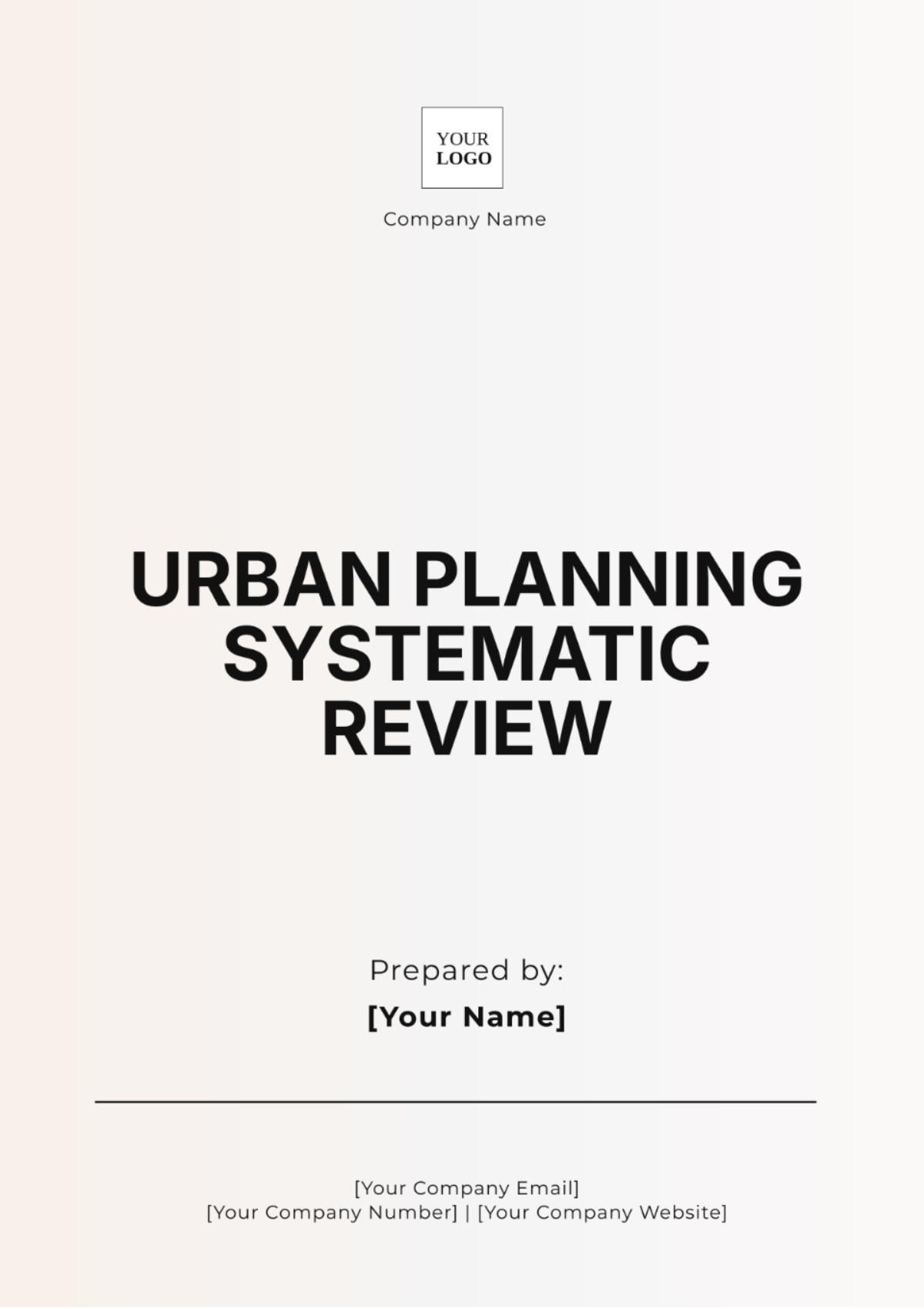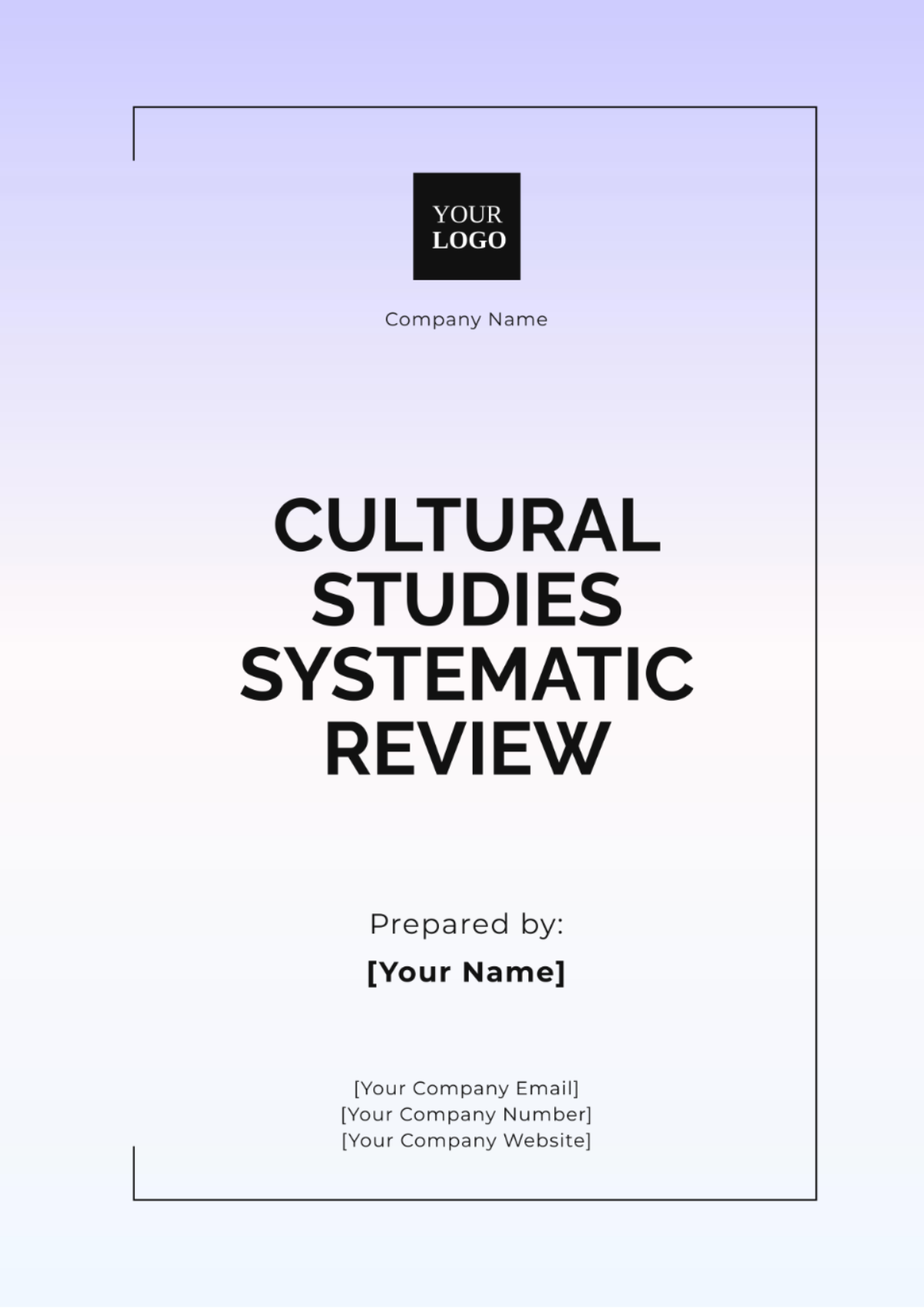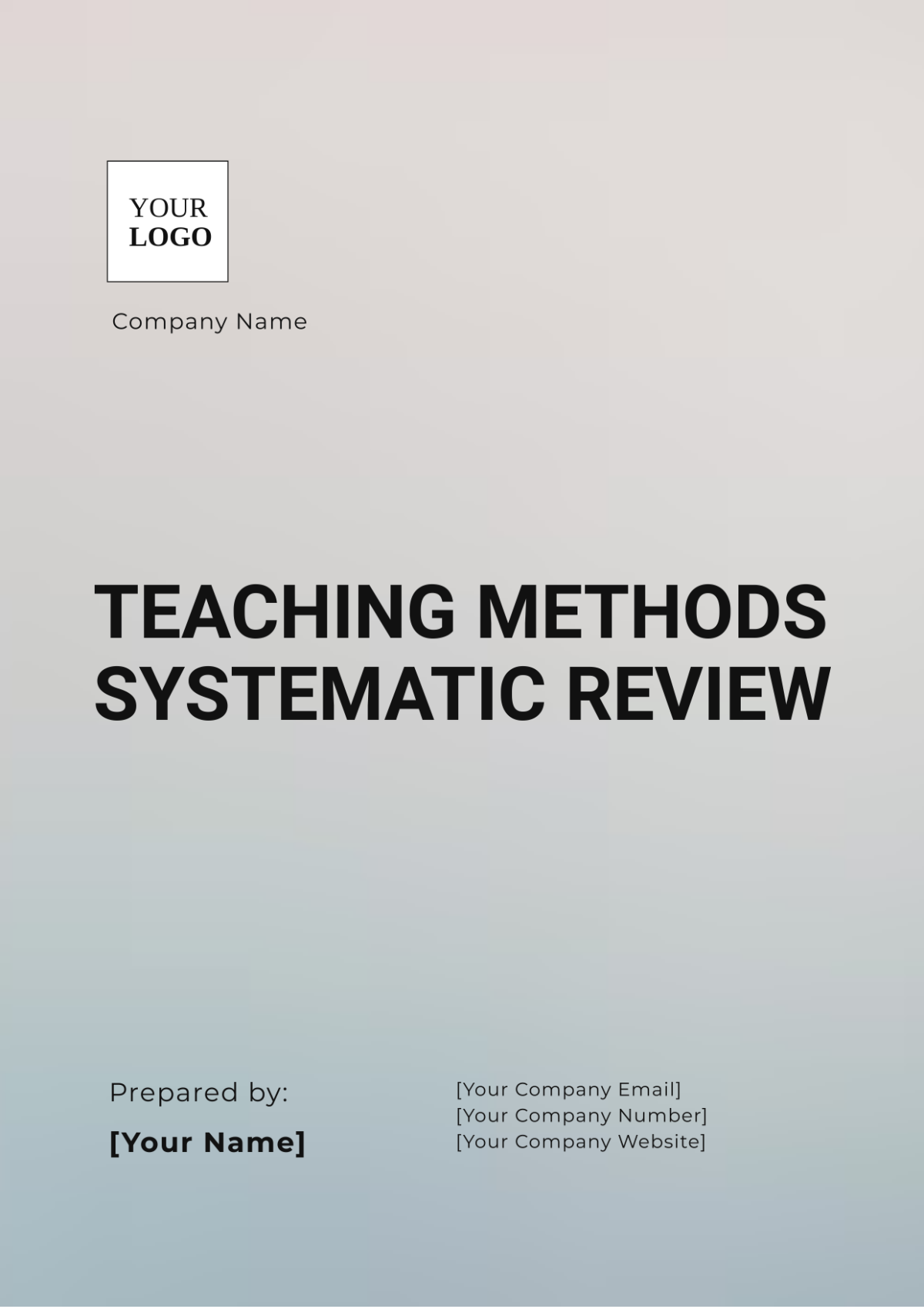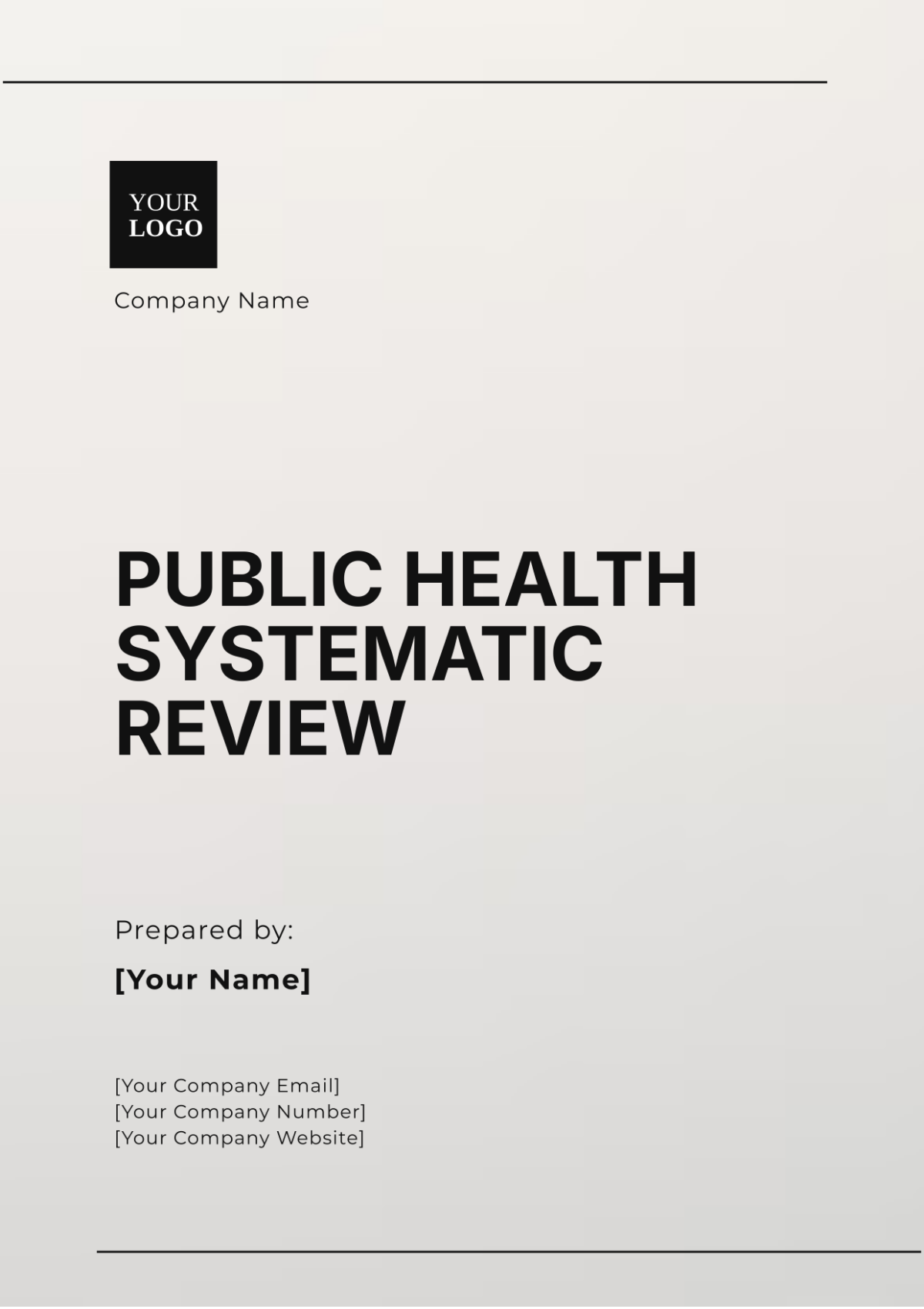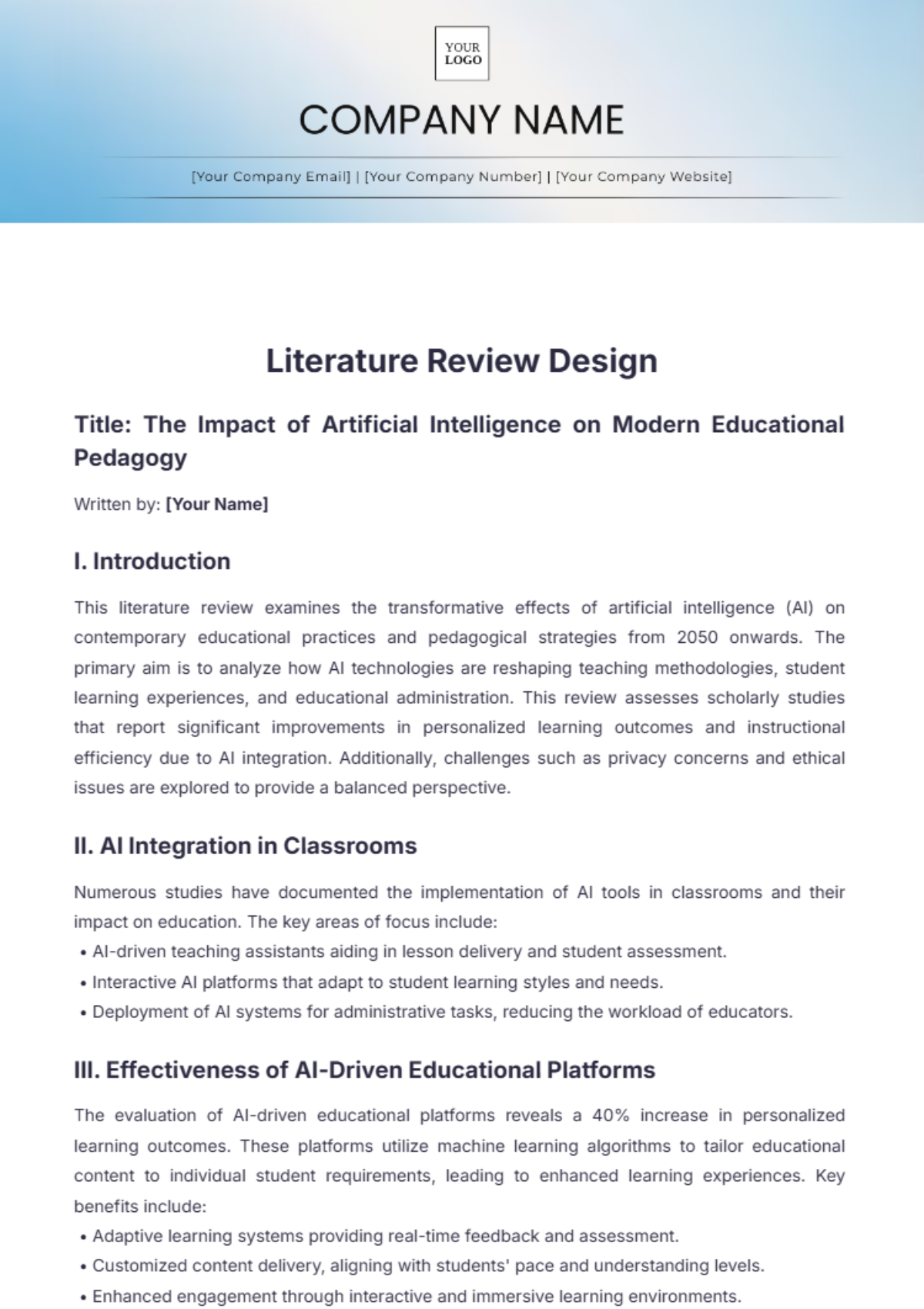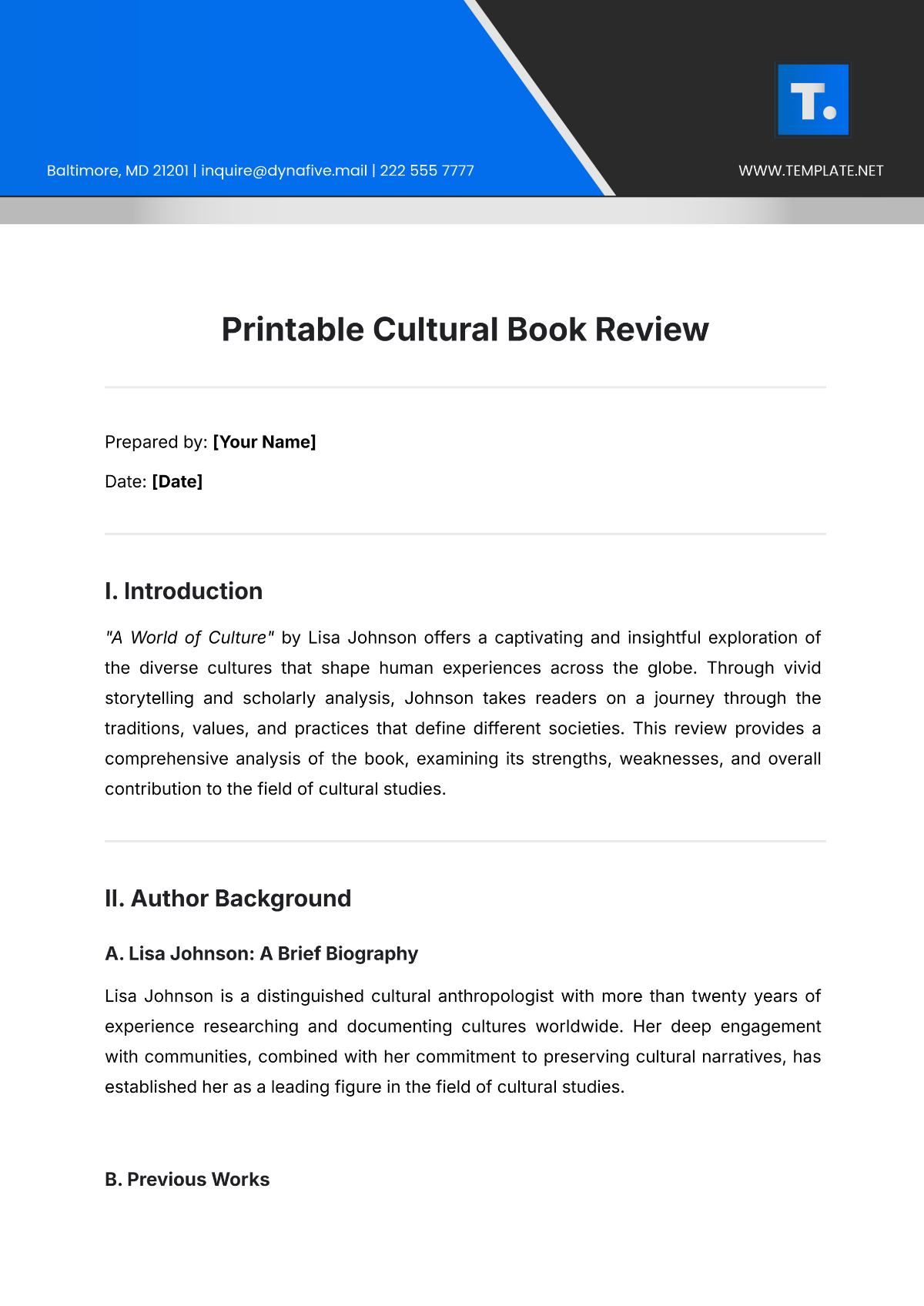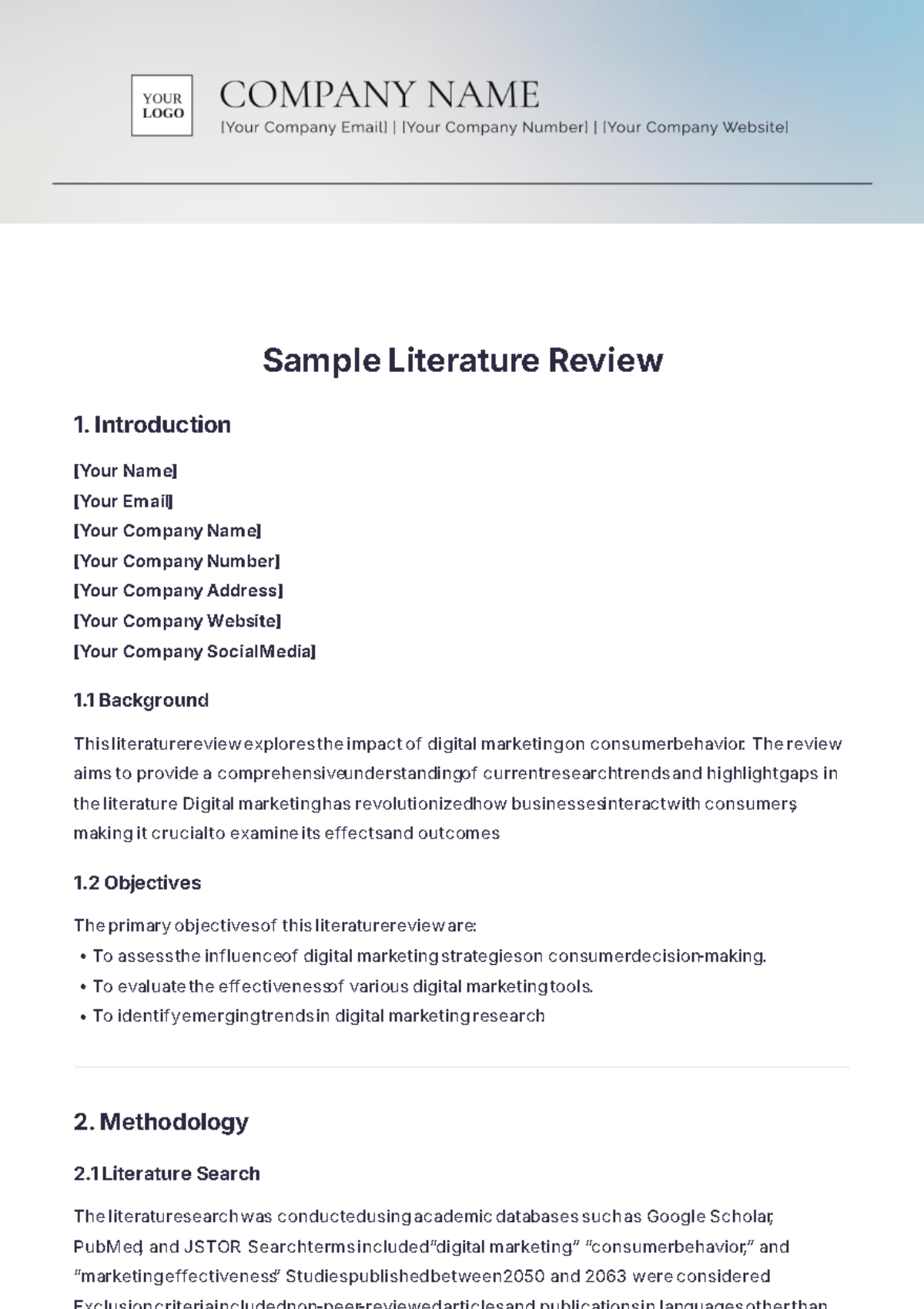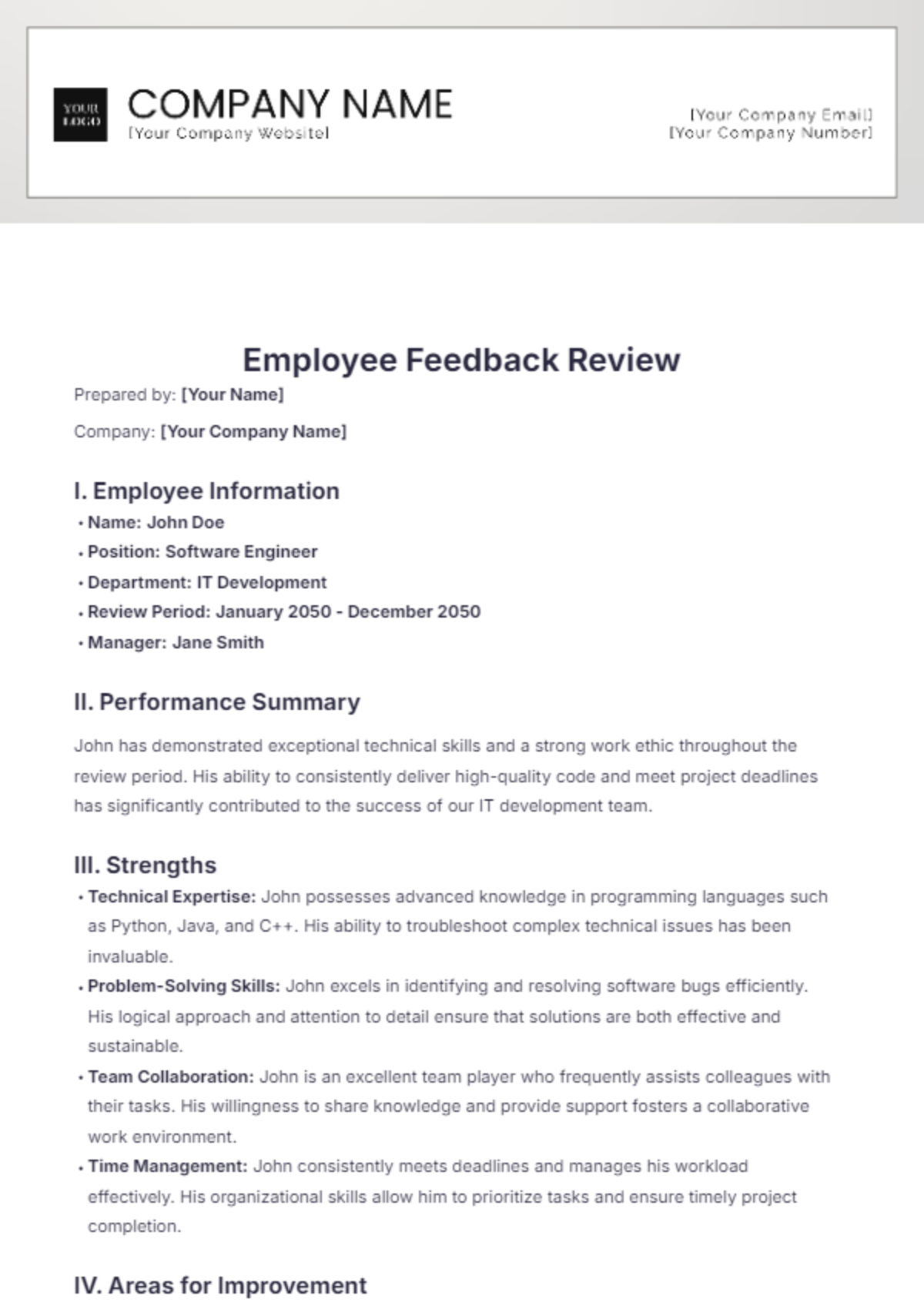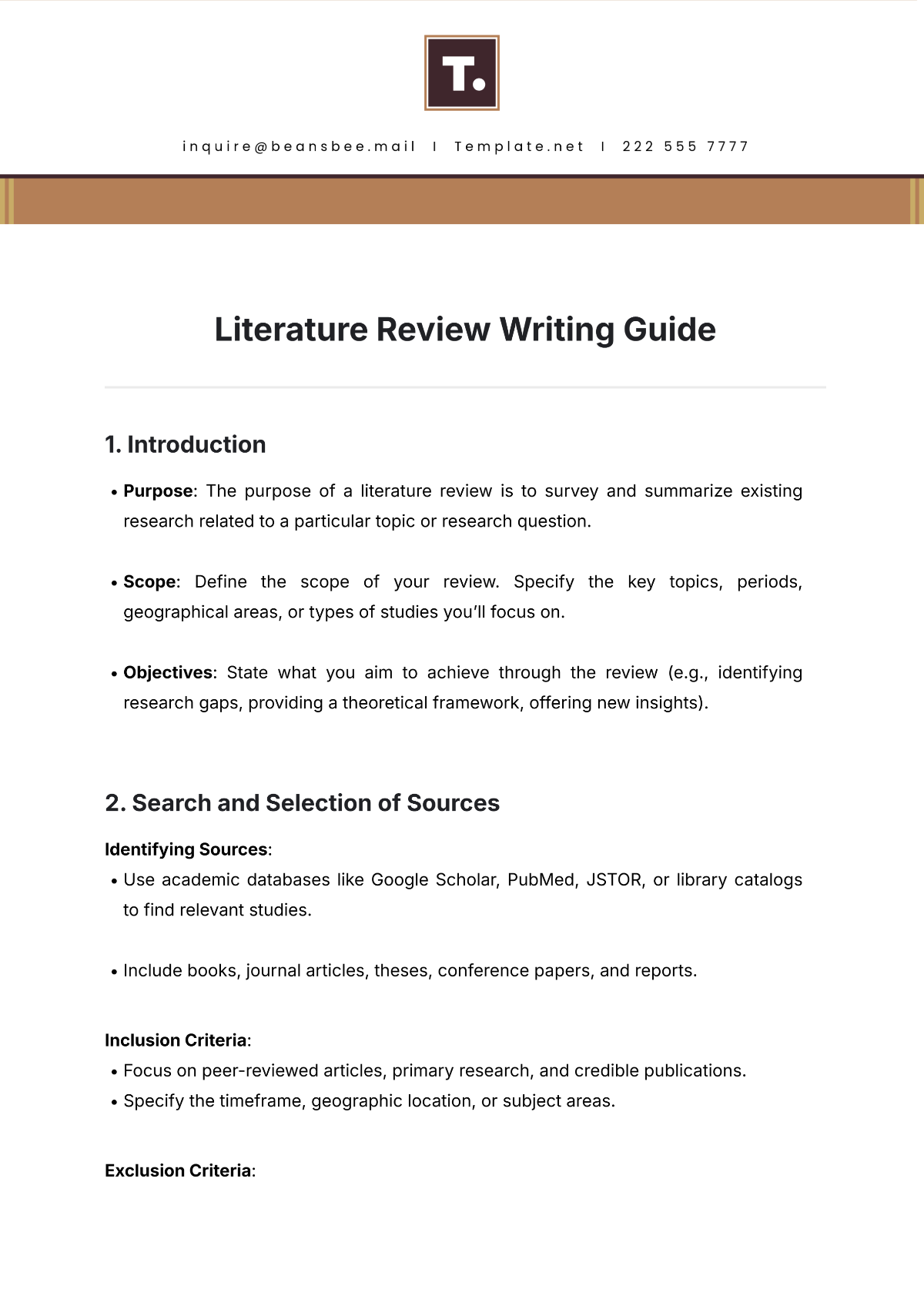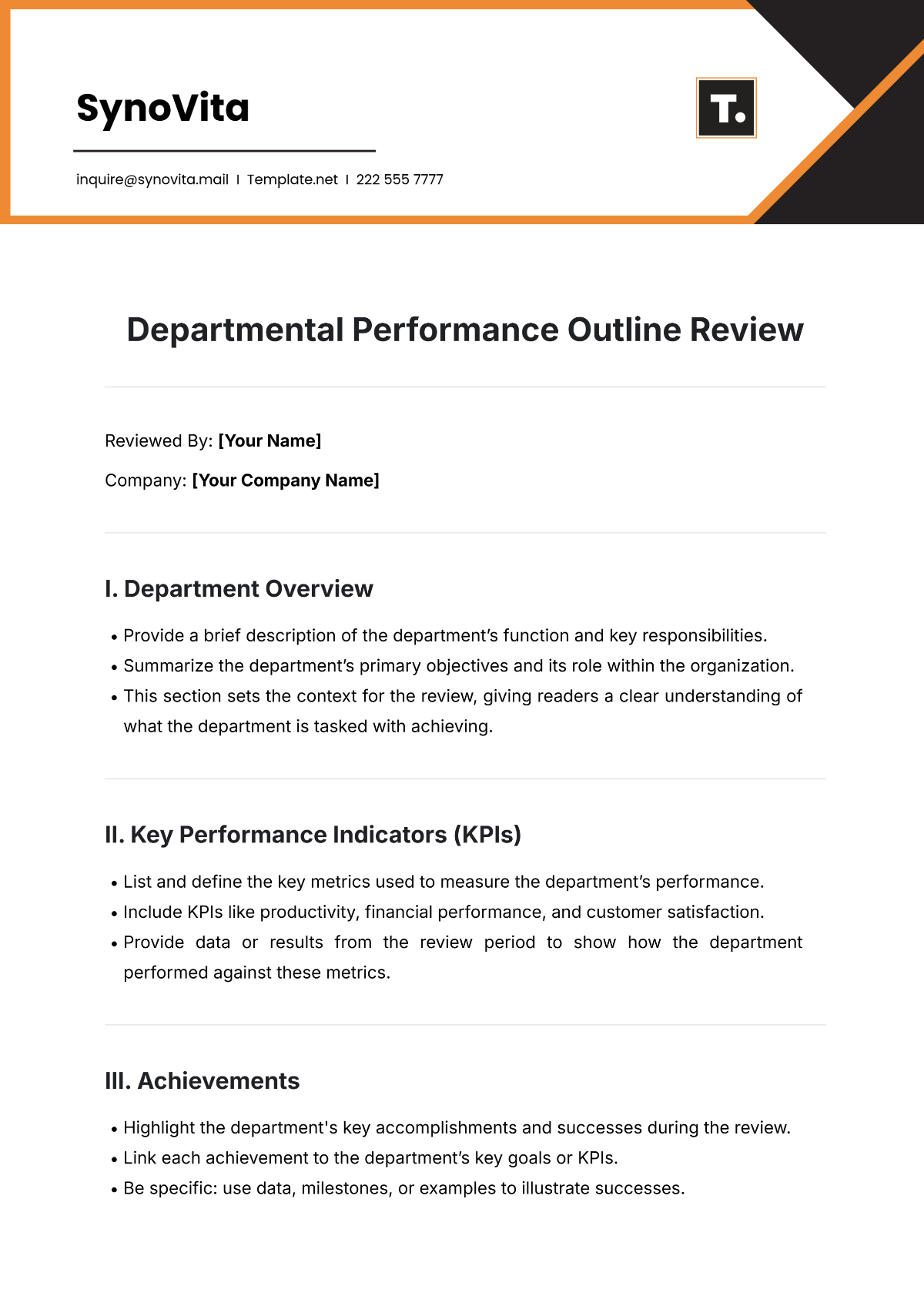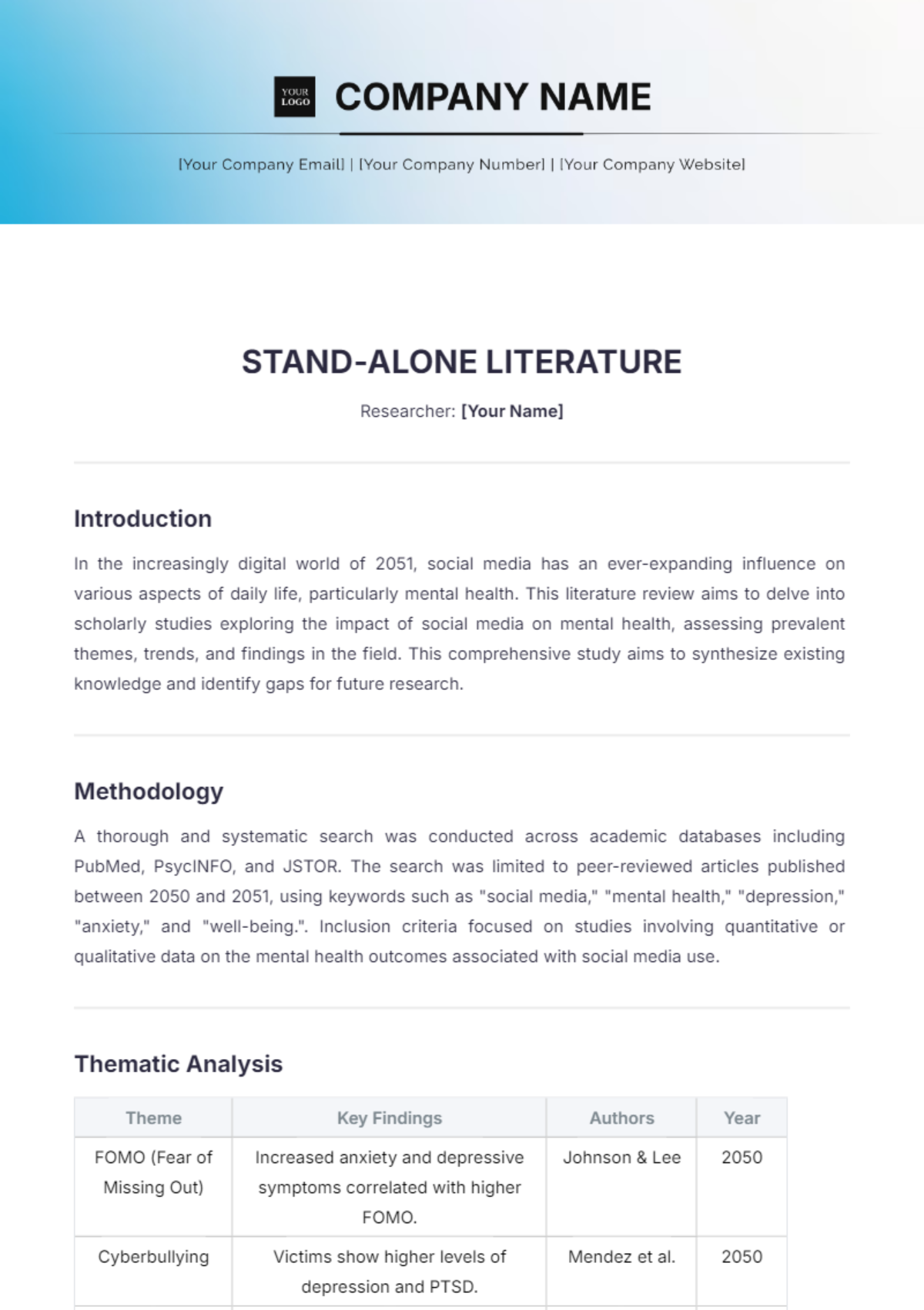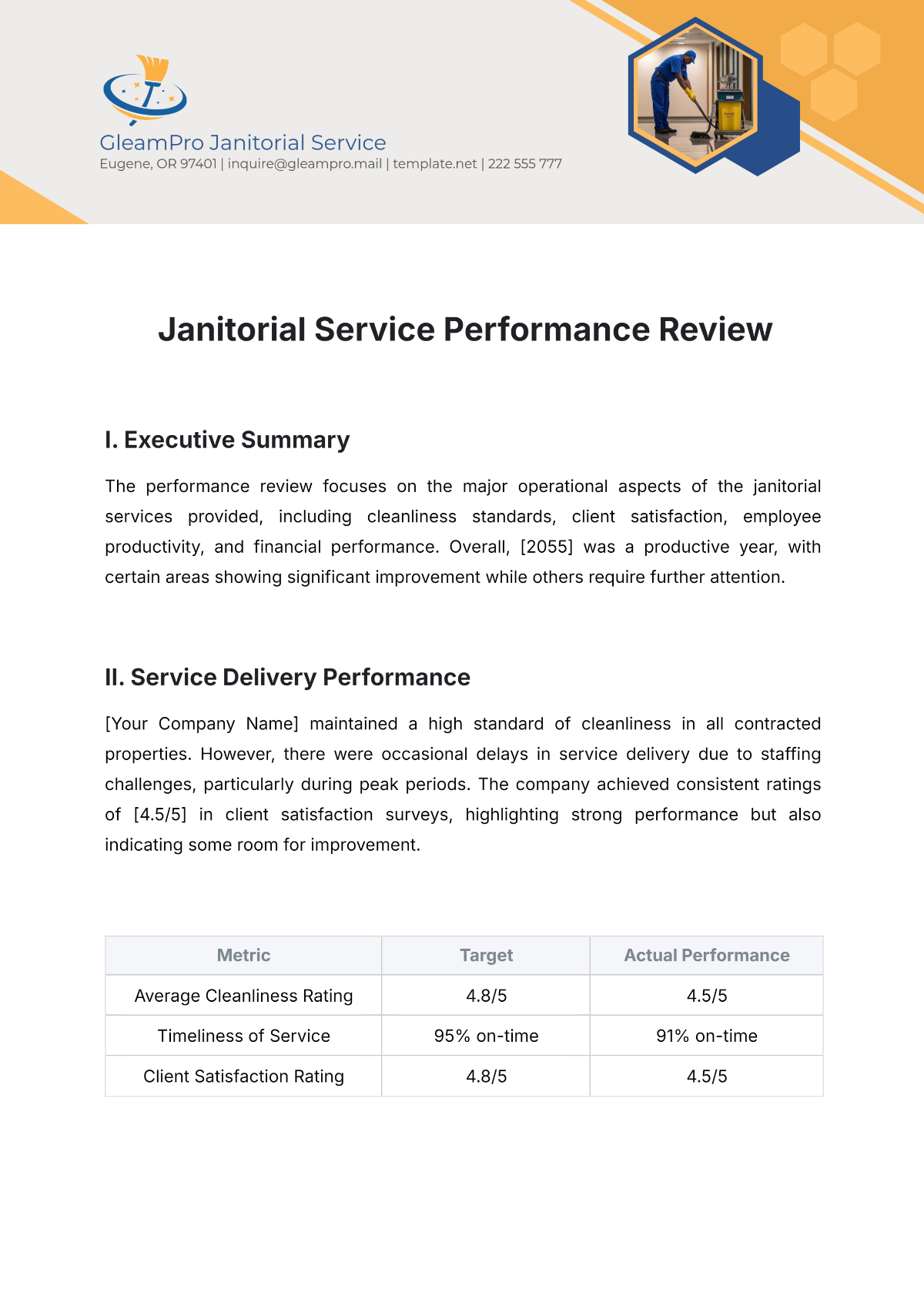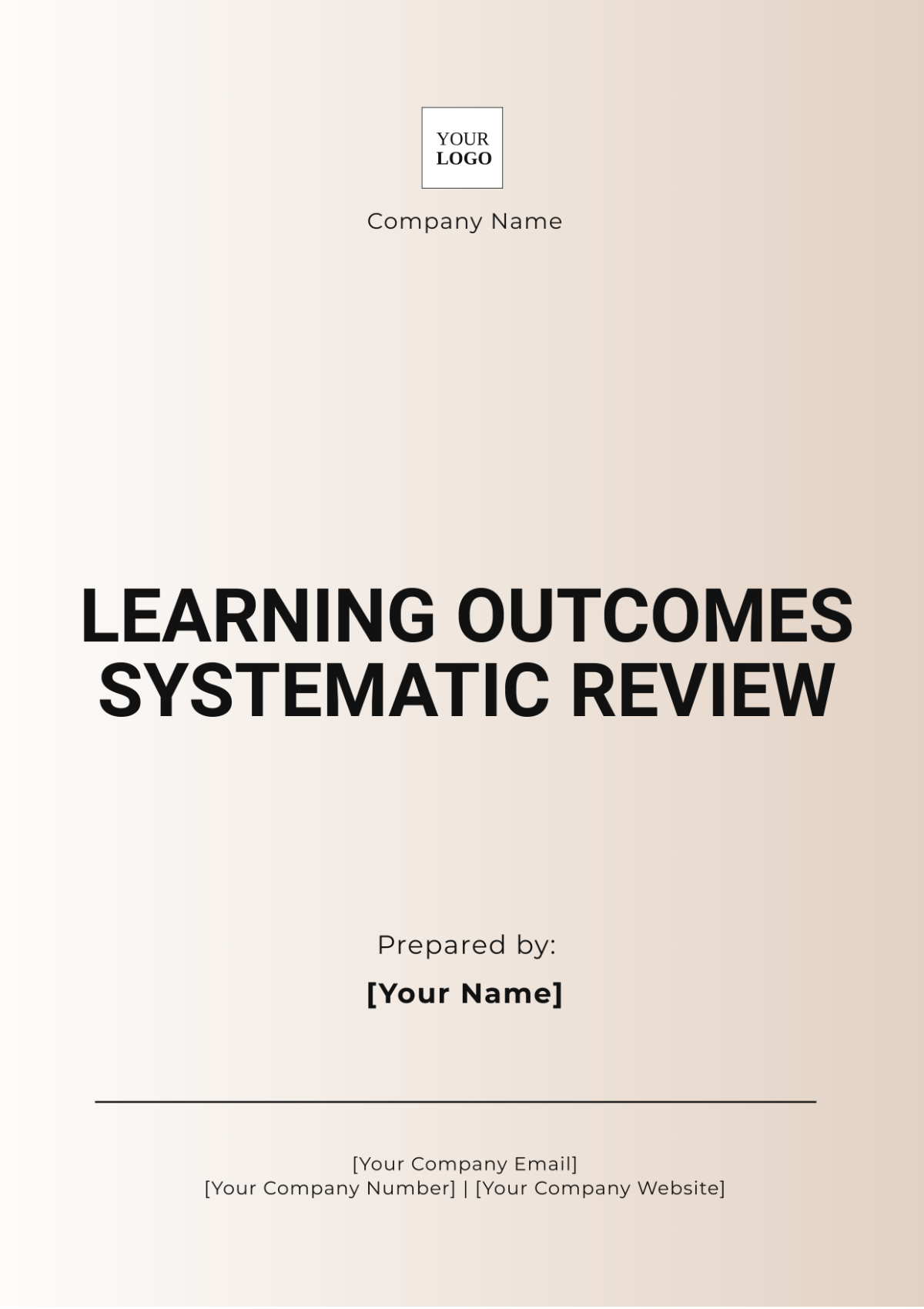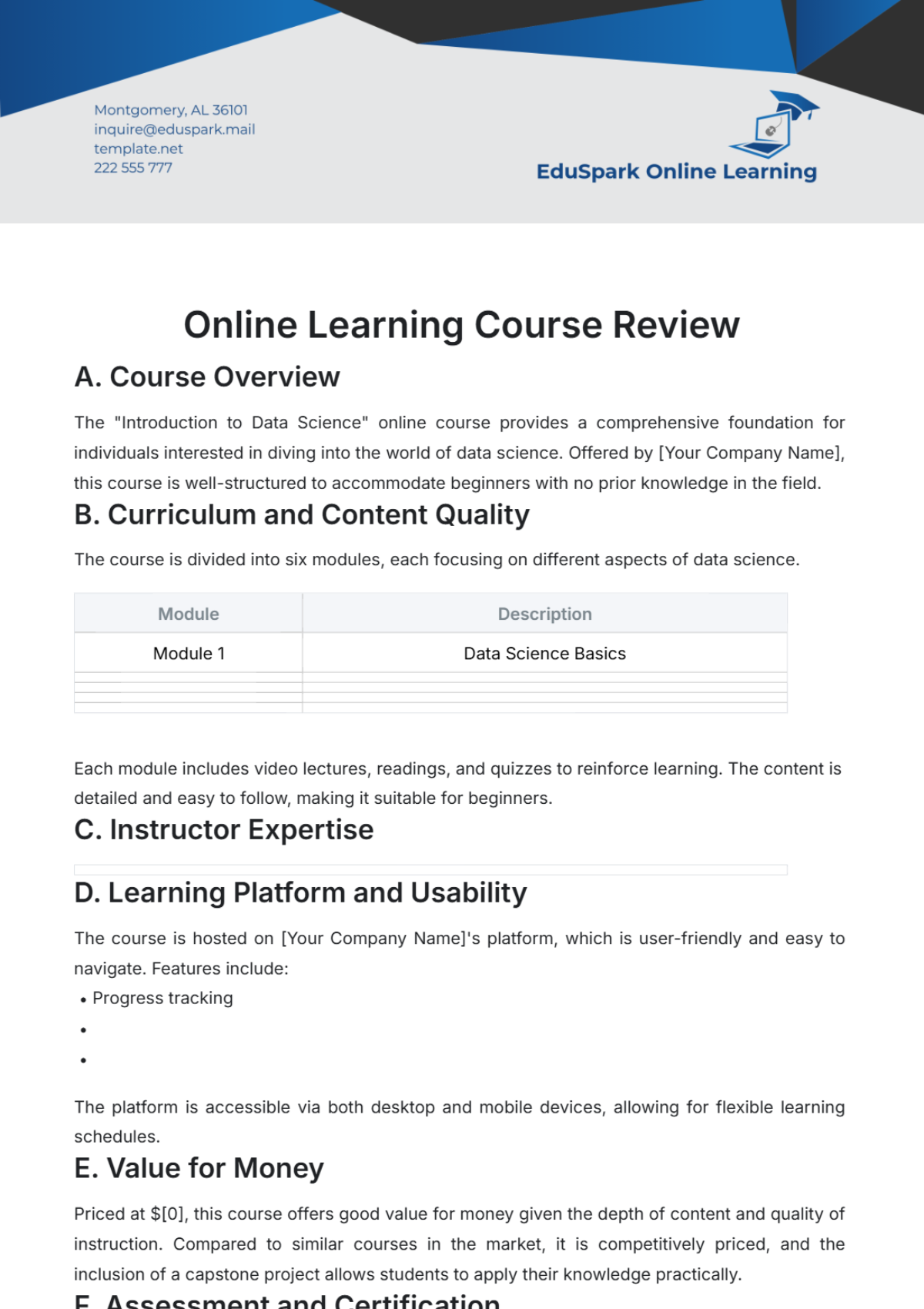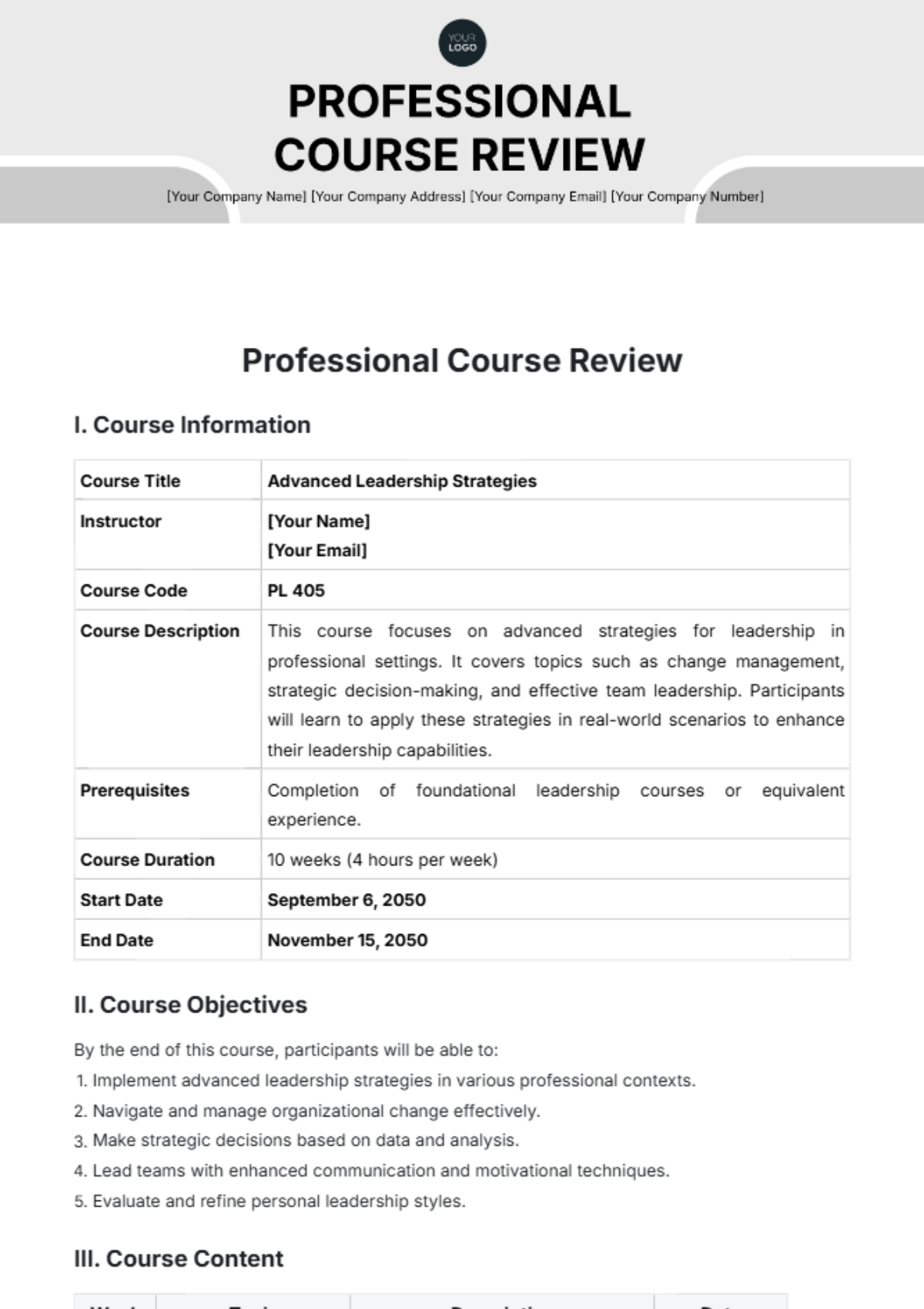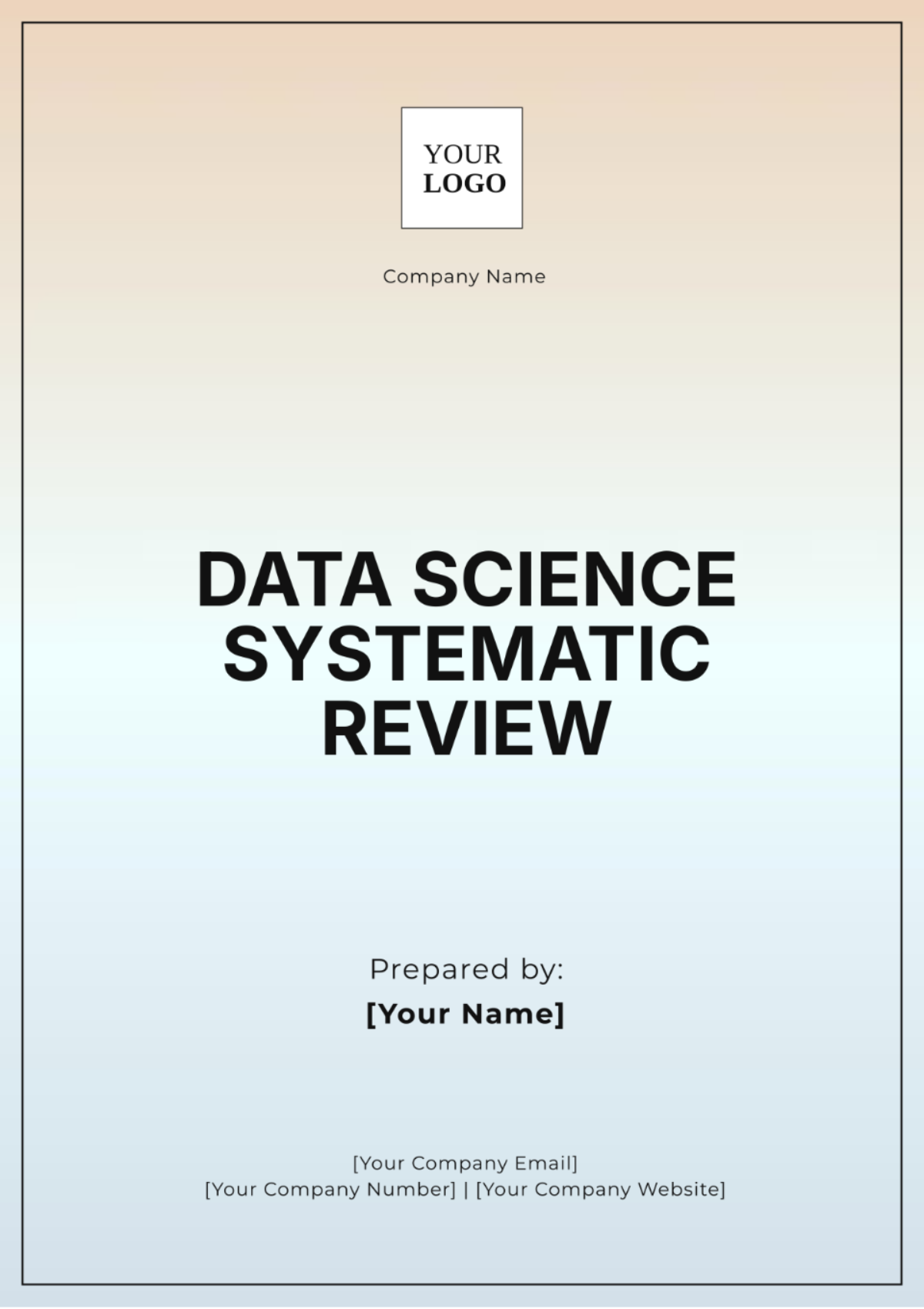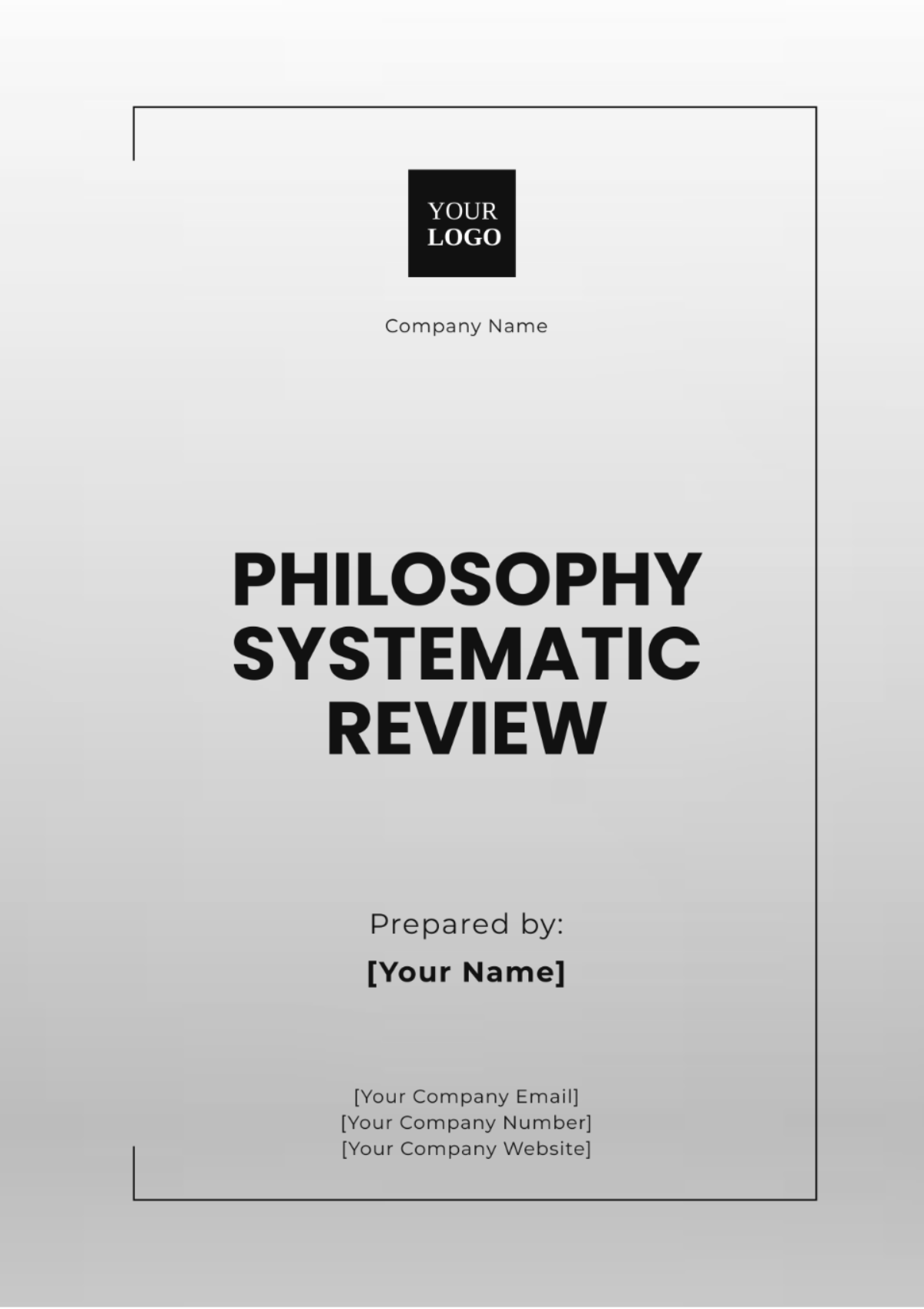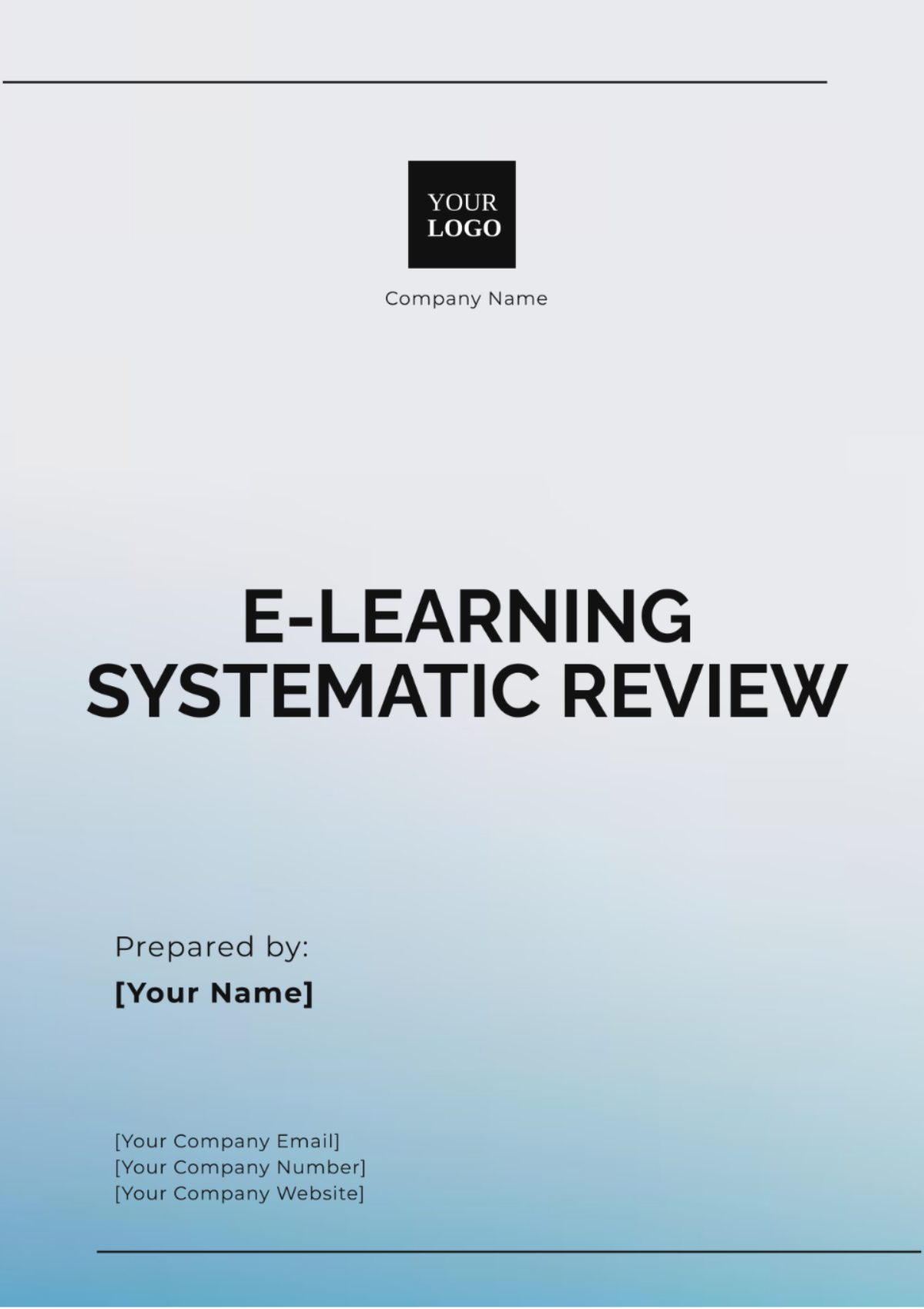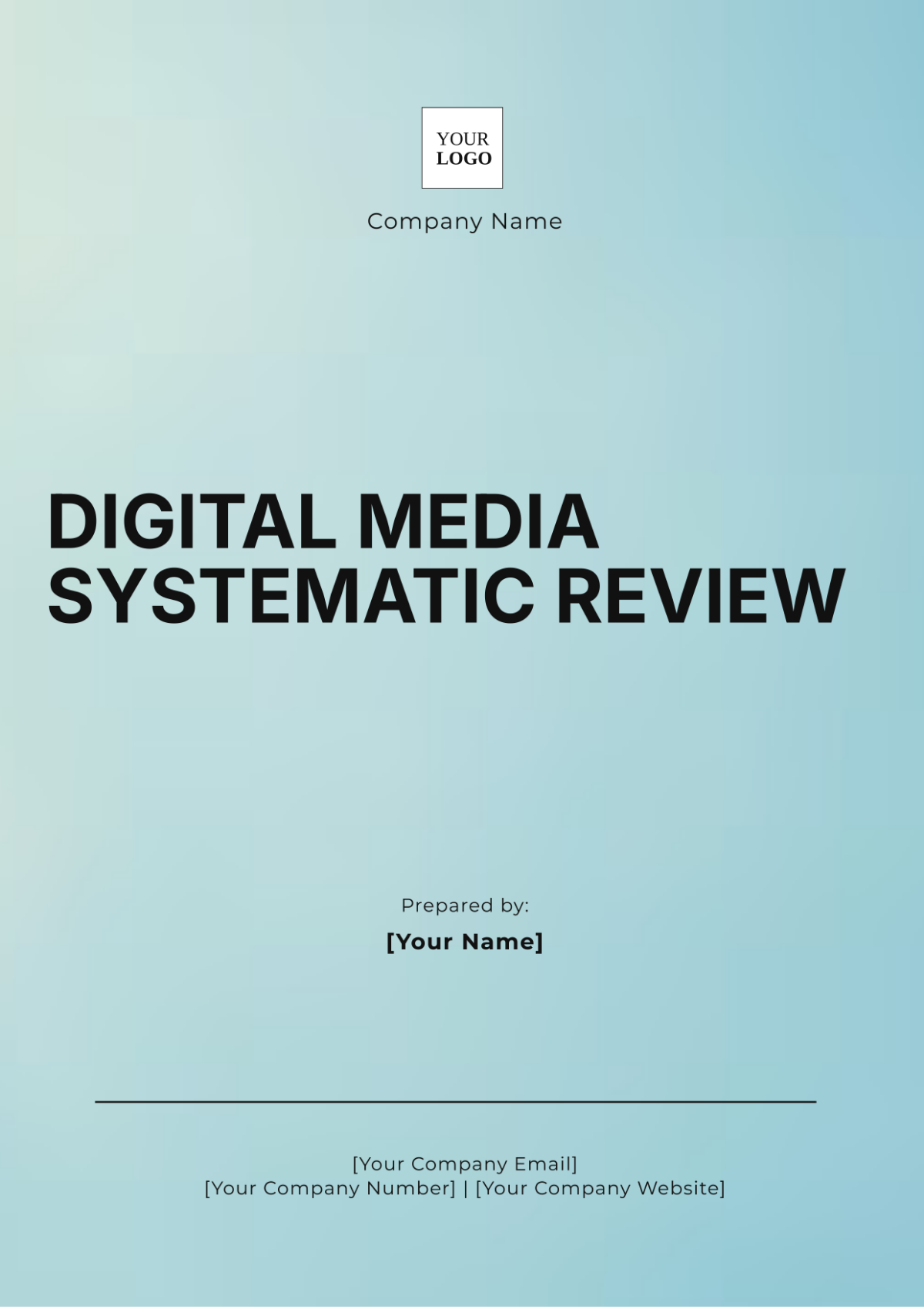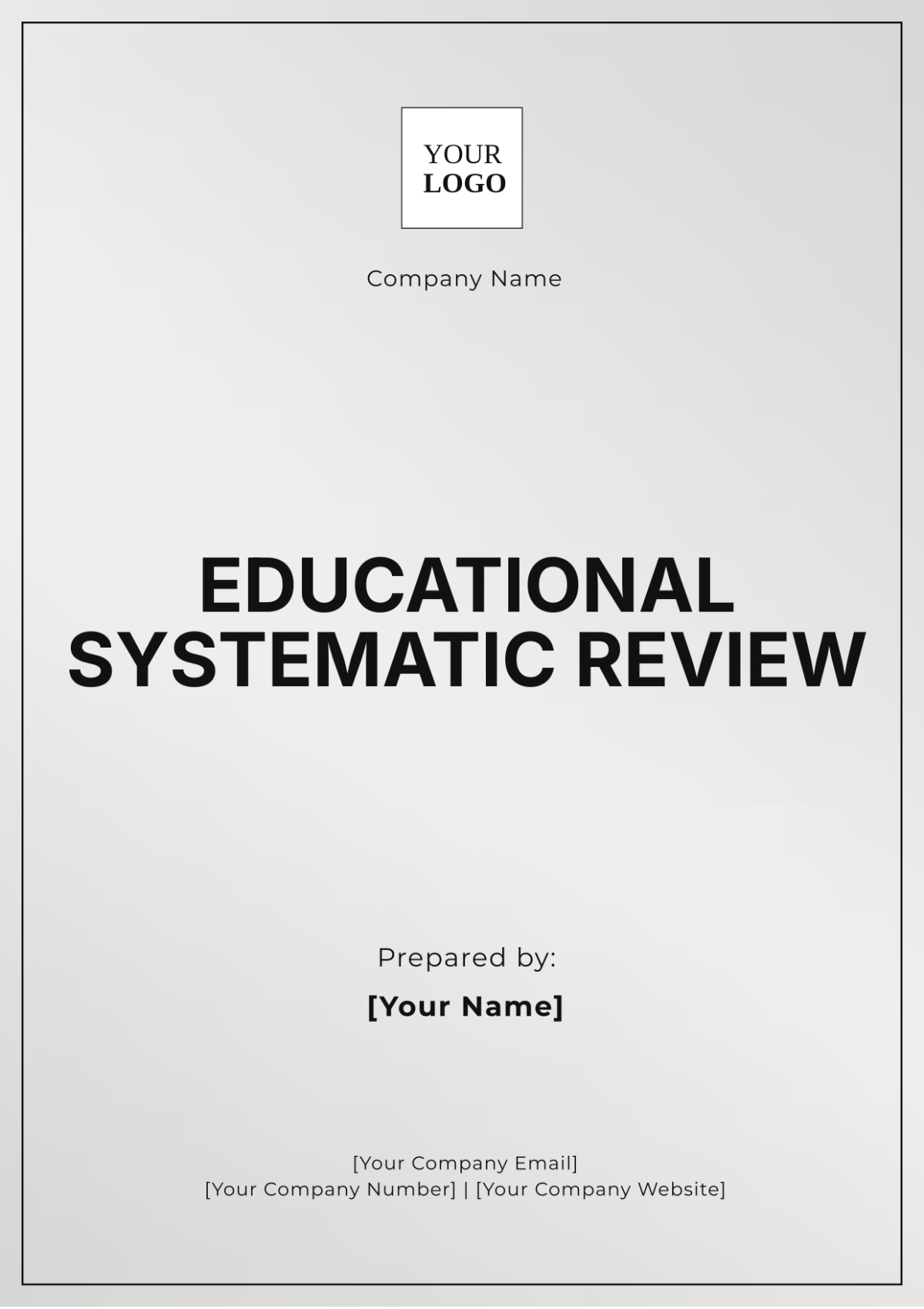Educational Systematic Review
Prepared By: [Your Name]
Title: The Impact of Educational Interventions on Student Outcomes
1. Introduction
This systematic review explores the effects of various educational interventions on student outcomes. Educational interventions encompass a range of strategies and programs aimed at improving academic performance, engagement, and overall student well-being. The review synthesizes findings from multiple studies to provide a comprehensive understanding of how these interventions influence student outcomes.
2. Methodology
A. Search Strategy
Databases Searched: PubMed, ERIC, Google Scholar, JSTOR
Keywords: Educational interventions, student outcomes, academic performance, engagement, teaching strategies
Inclusion Criteria: Peer-reviewed articles, studies published in the last 10 years, interventions with measurable outcomes
Exclusion Criteria: Non-peer-reviewed sources, studies not related to student outcomes
B. Data Extraction
Data Extraction Form: Includes study design, sample size, intervention type, outcomes measured, and key findings
Quality Assessment: Risk of bias assessment using tools such as the Cochrane Risk of Bias Tool
3. Results
A. Overview of Included Studies
A total of 35 studies met the inclusion criteria. These studies varied in their design, sample sizes, and types of interventions.
Study | Sample Size | Intervention Type | Outcome Measured | Key Findings |
|---|---|---|---|---|
Smith et al. (2050) | 150 | Technology integration | Academic performance | Improved test scores |
Johnson & Lee (2051) | 200 | Collaborative learning | Student engagement | Increased classroom participation |
Martinez et al. (2052) | 100 | Personalized learning | Learning retention | Enhanced long-term retention |
B. Types of Educational Interventions
Technology Integration
Description: Incorporation of digital tools and resources into the classroom.
Effectiveness:
Positive Impacts: Increased student engagement, and improved access to resources.
Challenges: Requires adequate training for teachers, the potential for distraction.
Collaborative Learning
Description: Learning activities that involve group work and peer interaction.
Effectiveness:
Positive Impacts: Enhanced critical thinking, and improved communication skills.
Challenges: Group dynamics can affect learning outcomes and unequal participation.
Personalized Learning
Description: Tailoring instruction to meet individual student needs and learning styles.
Effectiveness:
Positive Impacts: Better alignment with student needs, and increased motivation.
Challenges: Requires significant planning and resources, potential for uneven implementation.
C. Impact on Student Outcomes
Academic Performance
Findings: Interventions such as technology integration and personalized learning generally show positive effects on academic performance.
Student Engagement
Findings: Collaborative learning and technology integration are associated with higher levels of student engagement and participation.
Learning Retention
Findings: Personalized learning strategies contribute to better retention of information over the long term.
4. Discussion
A. Synthesis of Findings
Overall Effectiveness: The review indicates that educational interventions can positively impact student outcomes, though the effectiveness varies by type of intervention and implementation quality.
Recommendations: Educators should consider the specific needs of their students when selecting interventions and ensure proper training and resources are available.
B. Limitations
Study Quality: Variability in study design and quality can affect the reliability of findings.
Generalizability: Results may not be generalizable across different educational contexts or populations.
5. Conclusion
This systematic review highlights the potential benefits of various educational interventions on student outcomes. While there is evidence of positive impacts, further research is needed to refine these interventions and address the challenges identified.




